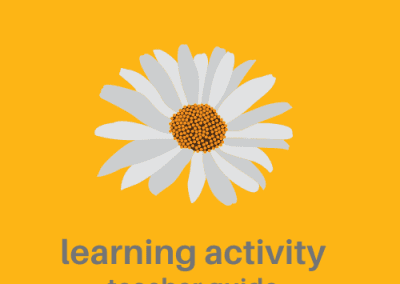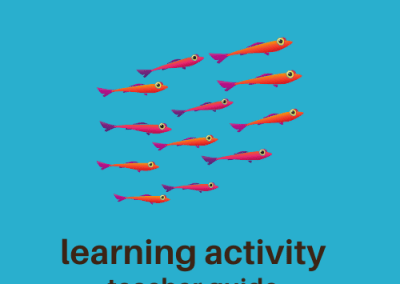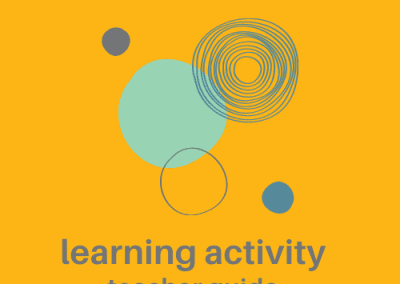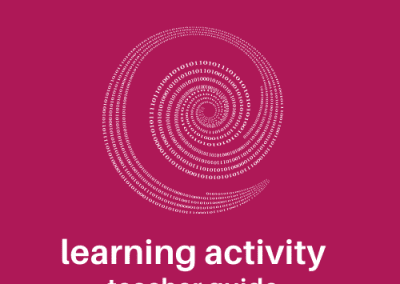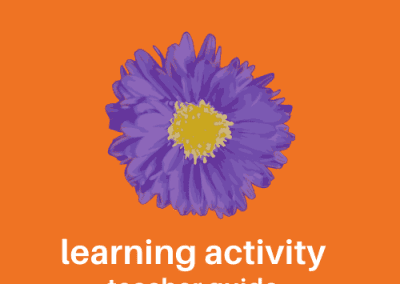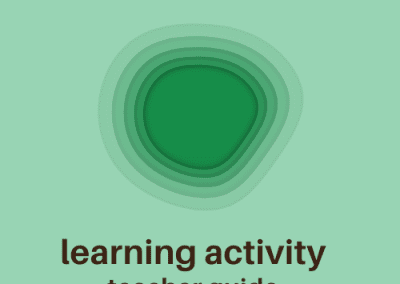Inner Voice Calender
Preparation
Create a focus question of the week. It may be academic: “How are you progressing towards your learning target of the week?” or “What new insights have you discovered in this week’s readings?” The focus may also just focus on deepening a relational connection to students, where the question may be: “How is your day going?” Determine how many times during the week students will respond to the focus question. (Keep in mind that you must designate time to respond, or allow in-class time for students to read and respond to their partner’s writing). Have a completed Inner Voice Calendar to serve as an exemplar for students. Provide students with a graphic organizer. Determine student groupings: students will need a response partner that may just include the teacher or another classmate.
Activity Steps
1
Introduce the focus question of the week. Ask students why they think it is important to pose and assess the focus question.
2
Determine student groupings.
If you want students to respond to each other, assign partners.
3
Present students with a completed Inner Voice Calendar. Ask students to write down any observations or conclusions drawn from the calendar. Discuss with students their observations and chart a list of the attributes of a great response.
4
Perform a Think Aloud of how you gather data from students’ Inner Voice Calendar and use it as a basis to construct engaging lessons and activities. Write a response to an Inner Voice Calendar right there for students.
If students are responding to each other, spend ample time on how to write a thoughtful response. Thoughtful responses include encouraging words and/or questions.
5
Present students with an Inner Voice Calendar and focus question. Discuss expectations and response time.
Remind students that the purpose of an Inner Voice Calendar is to provide you with information that will help make learning more meaningful for students. Therefore encourage students to write thorough and detailed responses. The calendar can be administered at the beginning or end of class.


